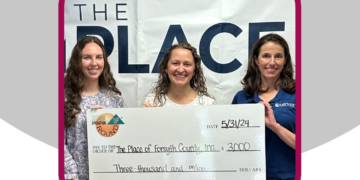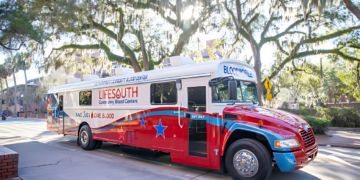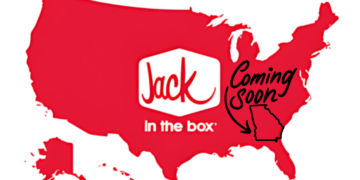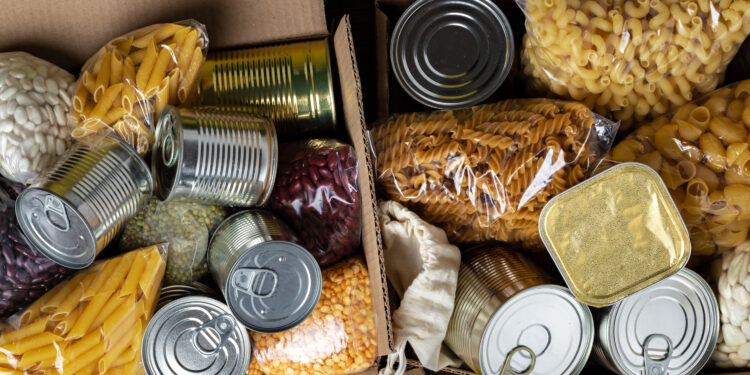Nonprofits like Caring For Others are stepping in to provide much-needed support to families struggling with food insecurity. On November 23rd, the Atlanta-based organization held its 24th annual food and household goods distribution event. Hundreds of families received essential Thanksgiving provisions, including poultry, vegetables, and other fixings, along with household goods like blankets and comforters.
The need for such services is dire. A recent Hunger Atlas Report published by Hunger Free America revealed that over 1.1 million Georgians experienced food insecurity during two one-week periods in August and September this year. This figure represents a 67% increase from the same period in 2021 and is significantly higher than food insecurity rates recorded during the pandemic.
Understanding the Crisis
The federal government estimates that 47 million Americans are food insecure, and Georgia is no exception. Experts point to several factors exacerbating this crisis, including wage stagnation, cuts to social services, and the expiration of pandemic-era safety net programs like the expanded child tax credit and enhanced Supplemental Nutrition Assistance Program (SNAP) benefits.
Joel Berg, CEO of Hunger Free America, emphasized the far-reaching consequences of food insecurity, such as reduced productivity, higher healthcare costs, and diminished educational outcomes. “We’re facing an affordability crisis in America—wages are just not keeping up with costs, and the safety net has been slashed since the pandemic,” Berg explained.
Georgia families are feeling the strain, with nearly 60% of those who visit food pantries reporting they must choose between purchasing food and paying for rent, utilities, or transportation, according to a 2023 study conducted by Feeding Georgia and the University of Georgia.
Local Organizations Filling the Gap
In Georgia, nonprofits and food banks, often under the umbrella of Feeding Georgia, play a critical role in addressing food insecurity. These organizations rely heavily on donations to bridge the gap left by reduced government support. Between 2021 and 2023, approximately 1.5 million Georgians lived in food-insecure households, according to USDA data analyzed by Hunger Free America.
Advocates are calling for strengthened federal safety net programs and increased wages to address the root causes of this crisis. In the meantime, Georgia nonprofits continue their efforts to ensure families have food on their tables this holiday season.
These initiatives provide more than just nourishment—they offer a sense of hope and community during challenging times.




























Why aren’t the Georgia Democrats addressing homeless in the state, especially those with disabilities not able to get the help they need from the leadership in the state and counties. There is a lot of corruption going on in these HUD and housing authority throughout the counties and nothing is being done address it so the people lose and never receive the help they need.